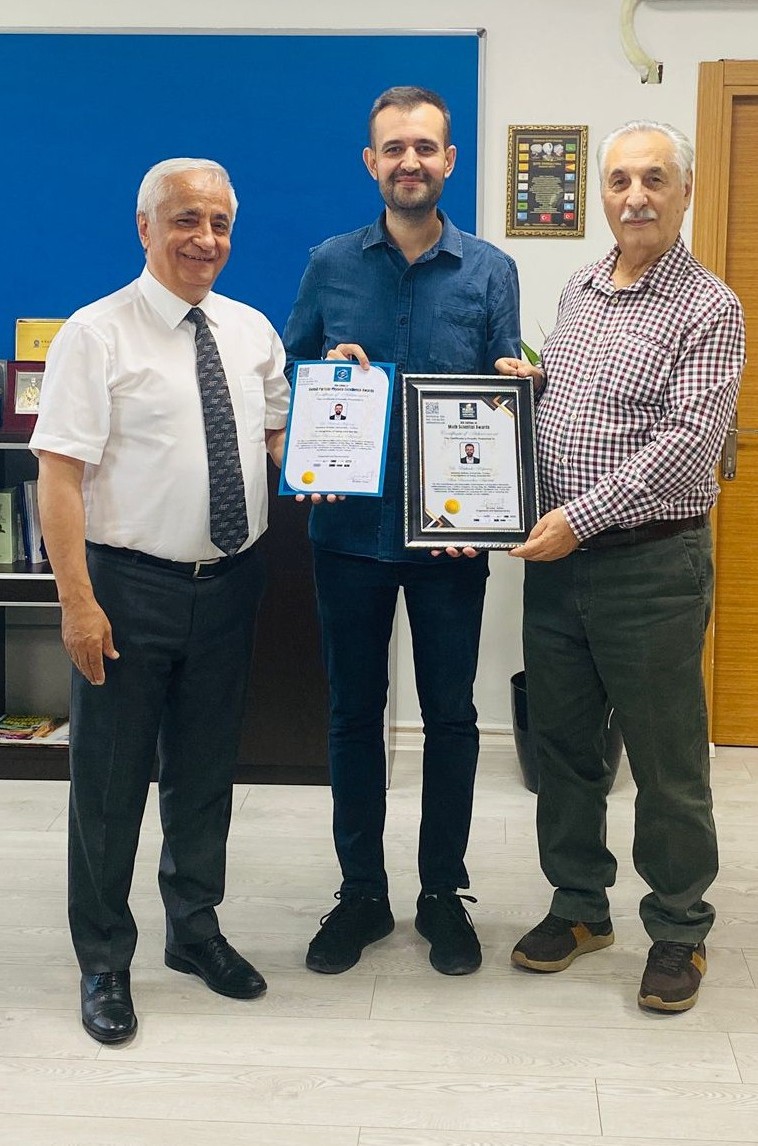
For your satisfaction and suggestions
İGÜMER

Istanbul Gelisim University is proud to add a new milestone to its ongoing academic achievements. Dr. Bahadır Kopçasız, a faculty member in the Department of Basic Sciences within the Faculty of Engineering and Architecture, has been honored with the “Best Researcher Award” under both the Global Particle Physics Excellence Awards 2025 and the Math Scientist Awards 2025, where distinguished researchers worldwide are nominated.
After completing his Ph.D. at Bursa Uludag University, Dr. Kopçasız has continued his academic career at Istanbul Gelisim University. His areas of expertise include computational methods, nonlinear partial differential equations, soliton theory, and Lie symmetries. His research extends beyond the boundaries of pure mathematical theory, engaging actively with disciplines such as quantum physics, engineering, machine learning, and optimization.
Dr. Kopçasız has authored numerous articles published in highly respected international journals with high impact factors. These works demonstrate his strong and lasting contributions not only to theoretical mathematics but also to applied sciences and interdisciplinary research. Particularly, his studies on modeling nonlinear dynamics, soliton solutions, the application of computational techniques to quantum systems, and AI-based optimization methods carry significant implications for both sustainability and advanced engineering applications.
As emphasized in the award jury reports, Dr. Kopçasız holds vast potential for future collaborations with international consortia, increased publications in Q1 journals, and mentorship for emerging researchers. Accordingly, he is anticipated to become a pioneering academic figure not only in Türkiye but also on a global scale.
As Istanbul Gelisim University, we take great pride in Dr. Bahadır Kopçasız’s recognition in the global scientific community and hope that his contributions to academia will continue to grow. These awards, which concretely crown our university’s vision of "generating knowledge and contributing to society", once again reaffirm the global impact of our research culture.

© Copyright 2022 Istanbul Gelisim University All Rights Reserved.